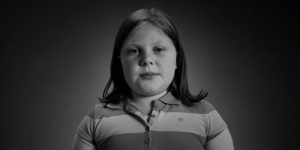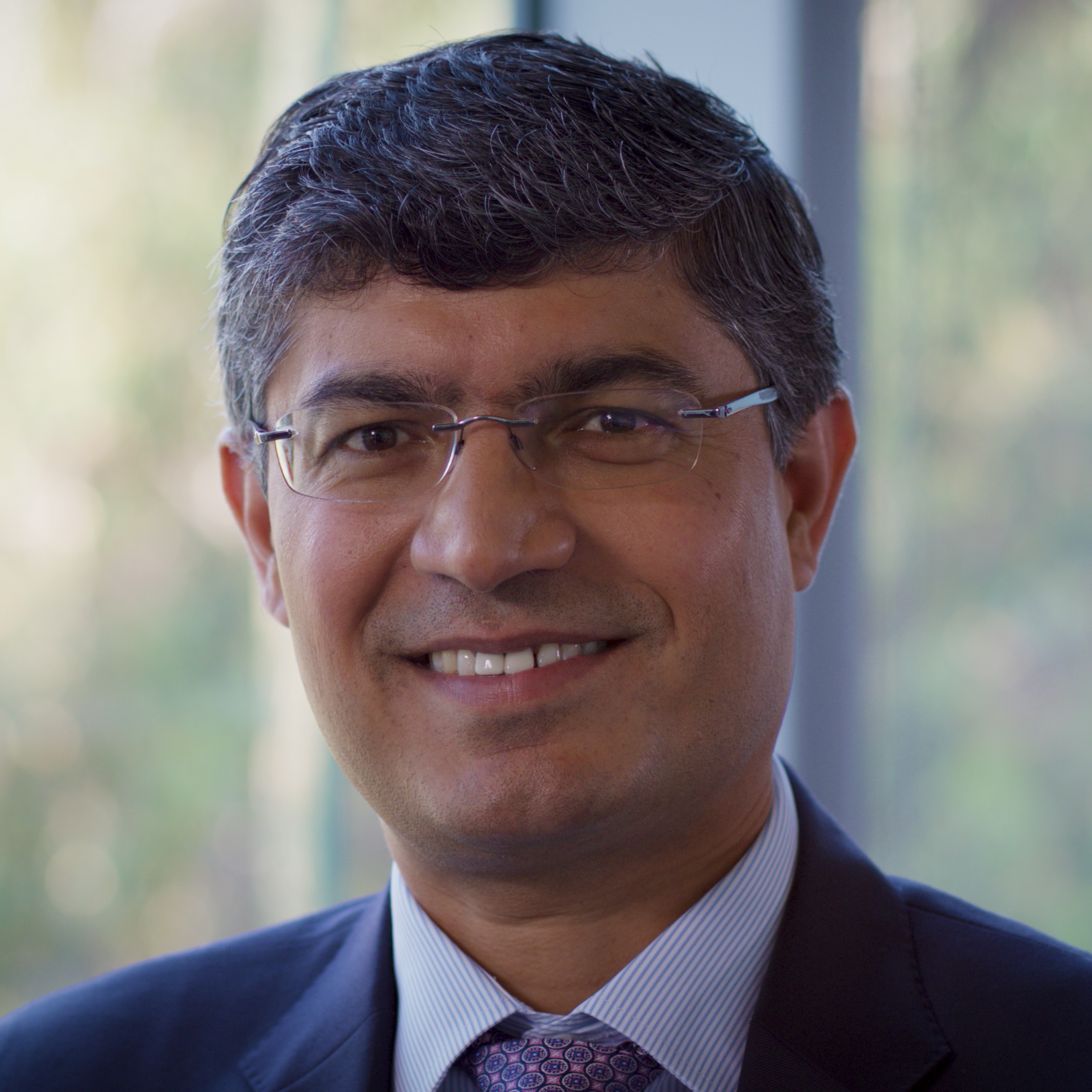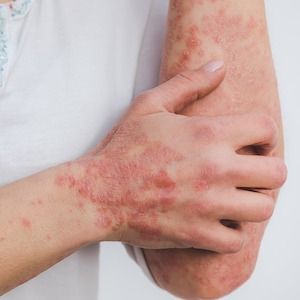Article
"Strong4Life" Childhood Obesity Campaign Stirs Up Controversy
Author(s):
The Strong4Life campaign has become a subject of controversy among critics who feel the ads have the potential to do more harm than good to the self esteem of obese kids.

“Mom, why am I fat?”
This question is posed by Bobby, one of the overweight poster-children for the new Georgia-based campaign, “Strong4Life.” The campaign aims to raise awareness of the disastrous consequences of childhood obesity in the most direct way possible: through the testimonies of real-life overweight children.
In addition to Bobby, there is Tina, who tells the camera that she does not enjoy going to school because other kids pick on her, and Maritza, who reports, “My doctor says I have something called ‘hypertension.’ I’m really scared.” There are five ads in all, each featuring a different child’s testimonial, shot in stark black and white and followed by the campaign’s tagline: “Stop sugarcoating it, Georgia.”
The campaign was launched in May by Children's Healthcare of Atlanta after a survey of two Georgia towns found that 50% of parents were unaware that childhood obesity was a problem and 75% of parents with obese children did not consider their child overweight. (Georgia has the second highest childhood obesity rate in the country—with roughly a million children in the state classified as overweight—surpassed only by Mississippi.)
The organization’s approach, however, has become a subject of controversy among critics who feel the ads have the potential to do more harm than good to the self esteem of obese kids.
"Blaming the victim rarely helps," Miriam Labbok, MD, director of the Carolina Global Breastfeeding Institute at the University of North Carolina at Chapel Hill, told ABC News. "These children know they are fat and that they are ostracized already."
“There is no mention about what a parent can do other than to say, ‘stop sugarcoating the problem,” Lori Feldman-Winter, MD, a pediatrics professor at the Robert Wood Johnson Medical School, told the New York Daily News.
"In terms of the social stigma about weight—it might actually make people feel worse about that,” Marsha Davis, PhD, a child obesity prevention researcher at the University of Georgia's College of Public Health, told the Atlanta Journal-Constitution.
Officials involved with the ads, however, defended their straightforward approach. “We needed something that was more arresting and in your face than some of the flowery campaigns out there,” Linda Matzigkeit, senior vice president of Children's Healthcare of Atlanta, told ABC News. "You can hate it or love it, but you're still talking about it.”
The campaign has attempted to leverage the criticism, posting frequent updates on its Facebook page since the ads began receiving national attention, replete with links to reactions to the campaign, accompanied by quips such as, “Sometimes controversy is necessary to spark a conversation.”
Others have expressed support for the in-your-face approach as well.
“People have a tendency to blame others or to blame their situation,” Gayla Prestage Grubbs, whose 15-year-old son is overweight, told the Journal-Constitution, adding that she approved of the ads’ straightforwardness. “We have to own the choices that we make, and that’s why I feel it’s not too strong of a message. Our children are at risk, and as parents we have to own that.”
The ads are just the first part of a larger campaign designed to radically reduce childhood obesity in Georgia. The next step is to provide parents the information they need to improve their child’s lifestyle and overall health.
Strong4Life’s website already features information along these lines, including the clinical definition of obesity as well as a rundown of the condition’s possible health consequences and a series of “Quick Tips” offering comprehensive advice on how to maintain a healthy and active lifestyle. The website also encourages families to consult their primary care physician about how to get healthy and includes an interactive checklist to help parents figure out what questions to ask their health care provider.





